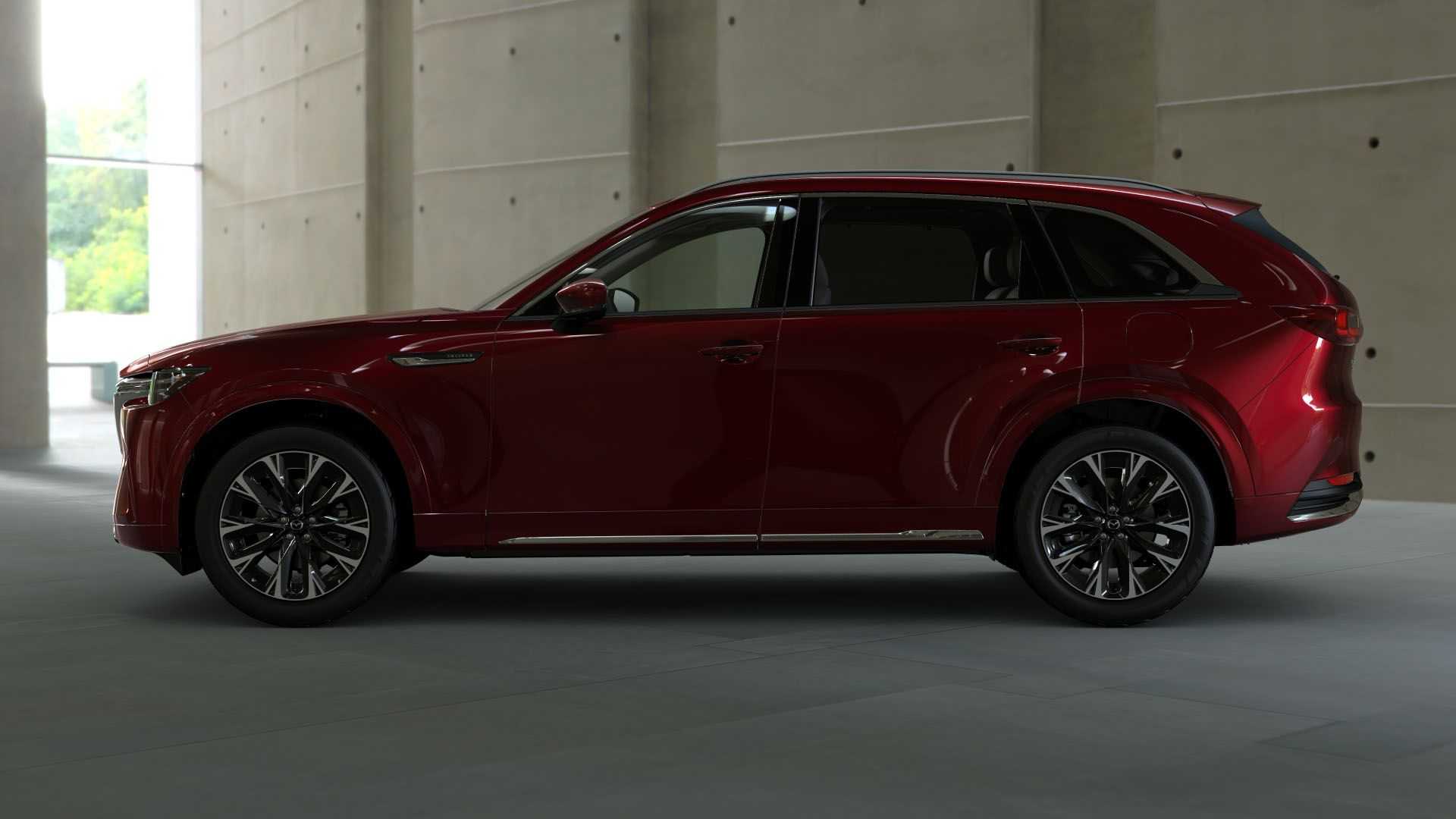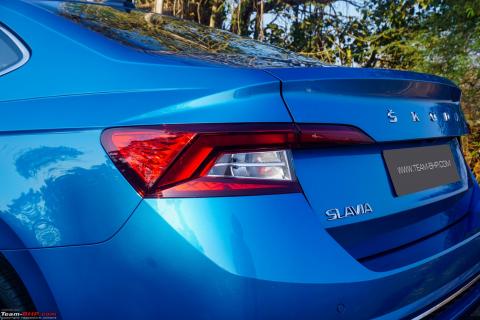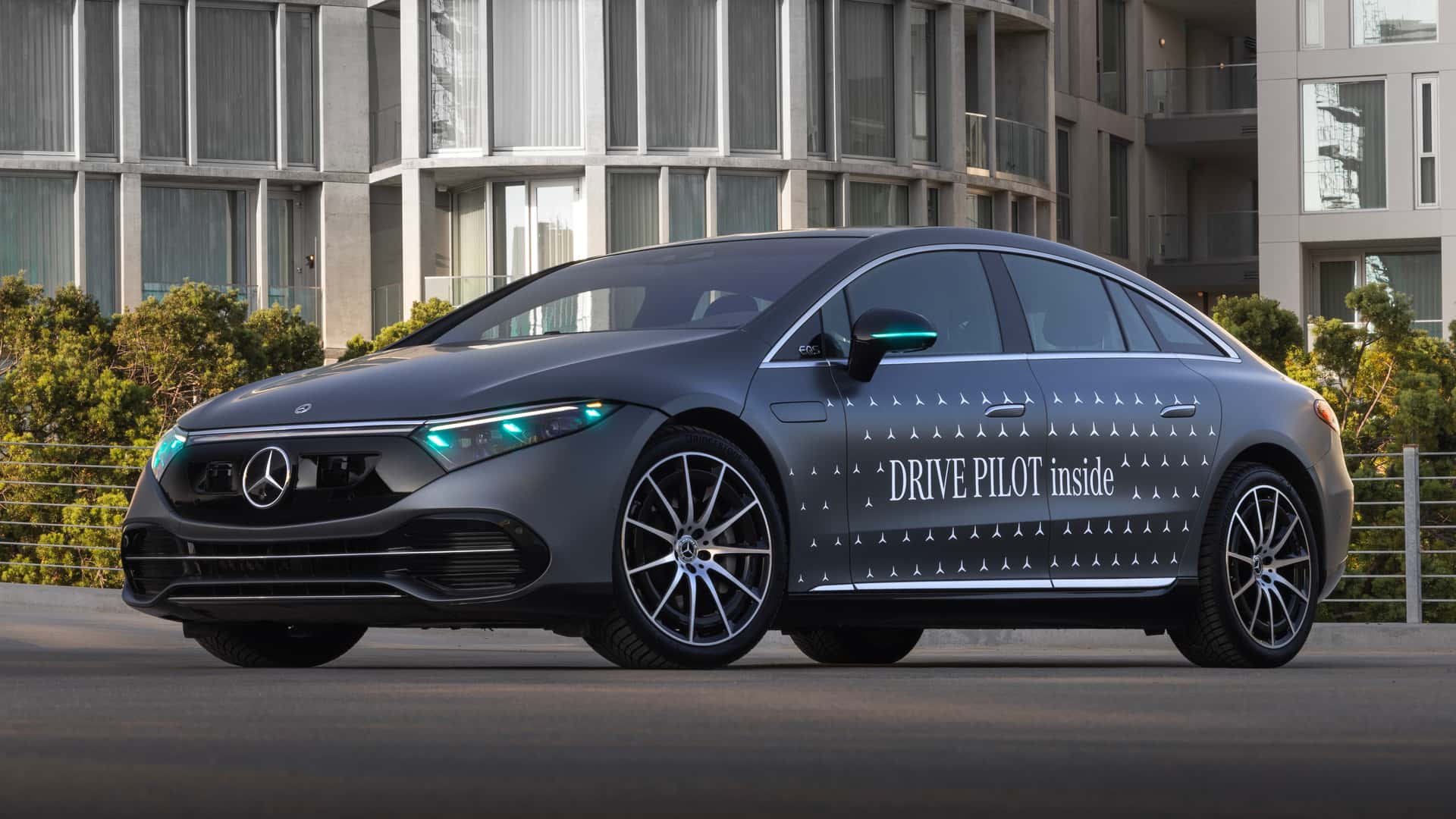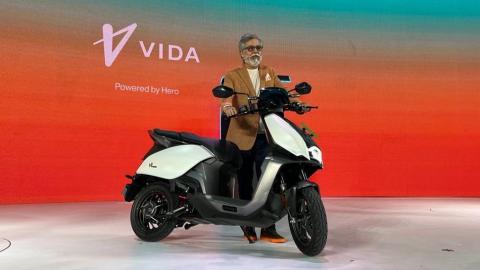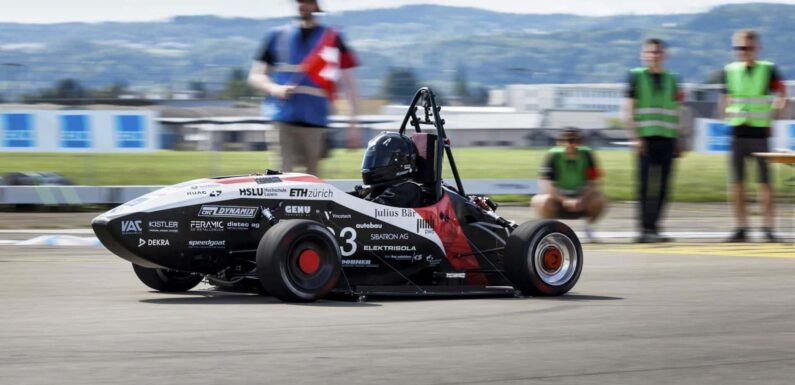
The Tesla Model S Plaid’s Ludicrous mode might not be ludicrous enough for applied sciences students from ETH Zurich and Lucerne University. The students have broken the acceleration world record for electric vehicles in a single-seater open-cockpit car called “mythen”, and the Guinness World Record appears to have recognized the same.
Part of a group called the Academic Motorsports Club Zurich (AMZ), the students took roughly a year to develop a car that can accelerate from 0-62 miles per hour in just nine-tenths of a second, or 0.956 seconds to be precise, beating the previous world record of 1.461 seconds set in September 2022 by a University of Stuttgart team.
The students developed the 309-pound car by themselves, including the printed circuit boards, chassis, and battery. They used a lightweight carbon and aluminum honeycomb structure and used in-house developed four-wheel hub motors with an output of 326 horsepower, giving the mythen a power-to-weight ratio of over one horsepower per pound of weight.
They also focused on aerodynamics.“Power isn’t the only thing that matters when it comes to setting an acceleration record – effectively transferring that power to the ground is also key,” said Dario Messerli, head of aerodynamics at AMZ. The single-seater vehicle doesn’t feature Formula One-style front or rear wings. Instead, the team “developed a kind of vacuum cleaner that holds the vehicle down to the ground by suction.”
Gallery: ETH Zurich Acceleration Record
The film showcases a tiny workshop in Duebendorf, Switzerland, where they performed the record feat. The go-kart-sized car shoots off the line like a bullet, taking just 12.3 meters to break the record, requiring no racetracks, quarter-mile drag strips, or airplane runways that OEMs frequent to flaunt their prowess.
The record is hotly contested, and the record holders appear to keep alternating between the AMZ team and students from the University of Stuttgart. Formula Student teams have showcased their innovations several times before, including in 2016 when another ETH Zurich team set a previous 0-62 mph acceleration record of 1.5 seconds.
Source: ETH Zurich
Source: Read Full Article
